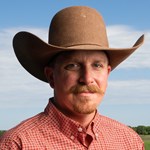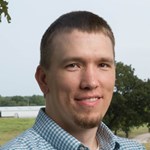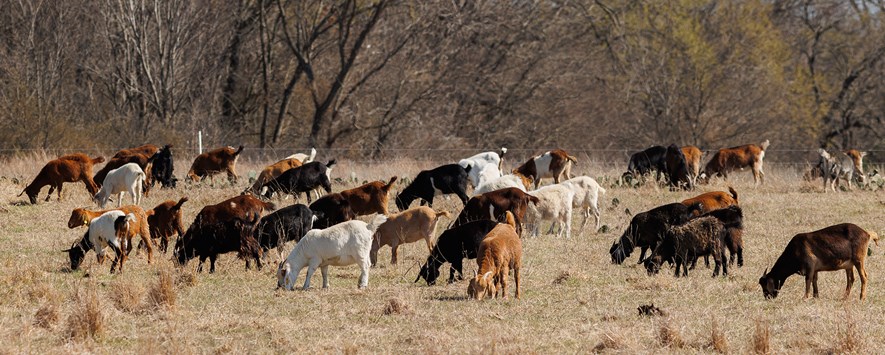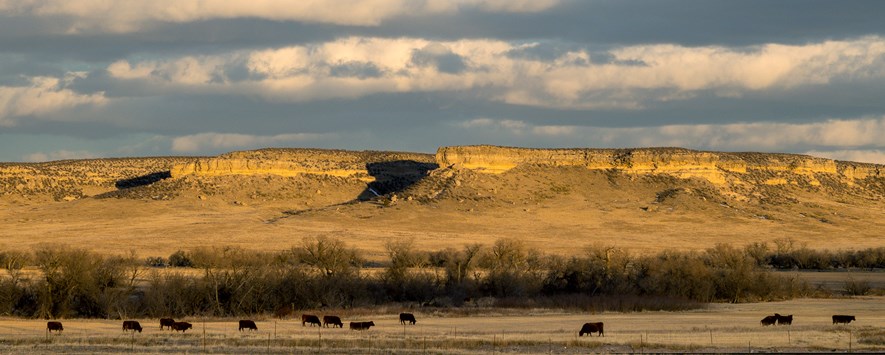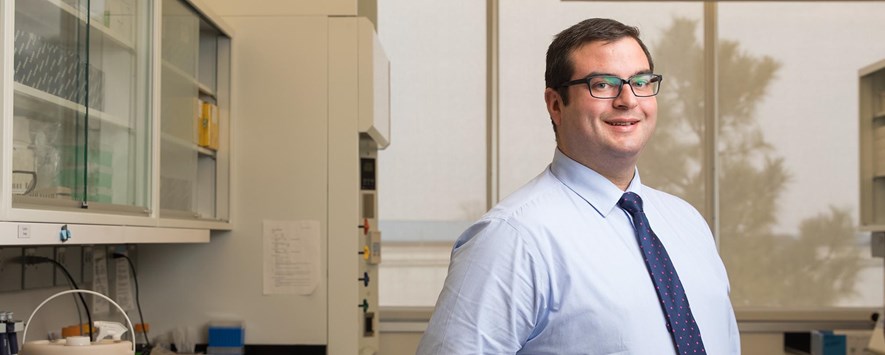We hear lots of success stories from producers who have transitioned to regenerative ranching. They describe being able to cut costs, save time and find new marketing opportunities that add value to their products.
As Noble Ranches transition to a regenerative ranching system, we have a unique and important opportunity to collect and record ecological, production and financial information we can analyze and compare to prior results. We’ll be able to put numbers to regenerative ways to ranch profitably while improving soil health.
We’re committed to collecting ecological, production and financial data for several reasons.
- The first benefit of tracking results and their economic impact is to make better management decisions based on what we are measuring.
- The second benefit is the opportunity to examine and validate what happens when shifting from conventional agriculture to a regenerative agricultural system. We have several years of Noble Ranch data collected in a conventional system to use as a comparison.
- The third is to give us the data we need to demonstrate to producers the ecosystem and financial benefits offered by regenerative ranching.
As we make the regenerative transition on Noble Ranches, we hope to document and validate often anecdotal claims with economic data. In addition, we want to identify, and perhaps even help develop, the markets that present new opportunities.

Tools for production management and accounting
There are many production tools out there for ranchers to use (CattleMax, Pasture Map, etc.) Here at Noble, we chose to use a cloud-based livestock farm management software system called AgriWebb. Over the last few years of using this specific tool, Noble employees have been able to track animal production, pasture movements, health records and feeding records on an individual-animal basis.
AgriWebb can provide a cost per animal unit for feed, vaccines and other input costs at the pasture level. This feature allows us to match animals to specific management styles on the ranches. We can use this information — along with ecological site monitoring — to correlate improvements in soil health and enhancements to ecosystem processes with the resulting forage production and animal performance.

To support the production information, financial data is just as important. The two main products that we have found that are the most accessible to farmers and ranchers are QuickBooks and Quicken.
Quicken is generally the product we recommend for a single-operation producer. Noble uses QuickBooks due to the complexity of our operations, which include several ranches and multiple enterprises (cattle, pecans, sheep and goats). QuickBooks gives us the information we need for financial management decisions by keeping records in one location, instead of multiple records in multiple locations.

All this being said, during our transition to regenerative agriculture, we hope to capture as much data as possible to give us a benchmark and validate the principles of soil health as they relate to producer profit. We look forward to capturing this information, but more importantly, we are excited about the opportunity to share what we learn with you.

